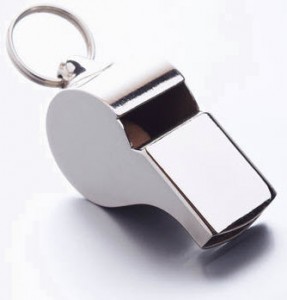 Updating on our previous post, on Friday, December 4th, the United States Supreme Court accepted certiorari in the case Universal Health Services v. United States ex rel. Escobar.
Updating on our previous post, on Friday, December 4th, the United States Supreme Court accepted certiorari in the case Universal Health Services v. United States ex rel. Escobar.
As described by the ScotusBlog, the important issues related to qui tam liability presented to the High Court are:
- whether the “implied certification” theory of legal falsity under the FCA – applied by the First Circuit below but recently rejected by the Seventh Circuit – is viable; and
- whether, if the “implied certification” theory is viable, a government contractor’s reimbursement claim can be legally “false” under that theory if the provider failed to comply with a statute, regulation, or contractual provision that does not state that it is a condition of payment, as held by the First, Fourth, and D.C. Circuits; or whether liability for a legally “false” reimbursement claim requires that the statute, regulation, or contractual provision expressly state that it is a condition of payment, as held by the Second and Sixth Circuits.
In Universal Health Services, the defendant was the owner of a counseling service provider that had prescribed medication for the relators’ daughter’s purported bipolar disorder. The case was brought on an implied certification theory that the defendant violated state and federal False Claims Acts by submitting claims for reimbursements while its staff members were not properly licensed or supervised as required by law. Essentially, the relators argued that the defendant’s noncompliance as to certain regulations rendered the reimbursement claims false.
The district court sided with the defendant and dismissed the case for failure to state a claim. The First Circuit then revived it holding that noncompliance can form the basis of a False Claims Act case and that the relators had stated the qui tam liability theory with particularity.
It is our hope that the Supreme Court agrees with the First Circuit and the majority of other circuits that have considered the issue so that this important theory of qui tam liability can help whistleblowers recover ill-gotten taxpayer money.


